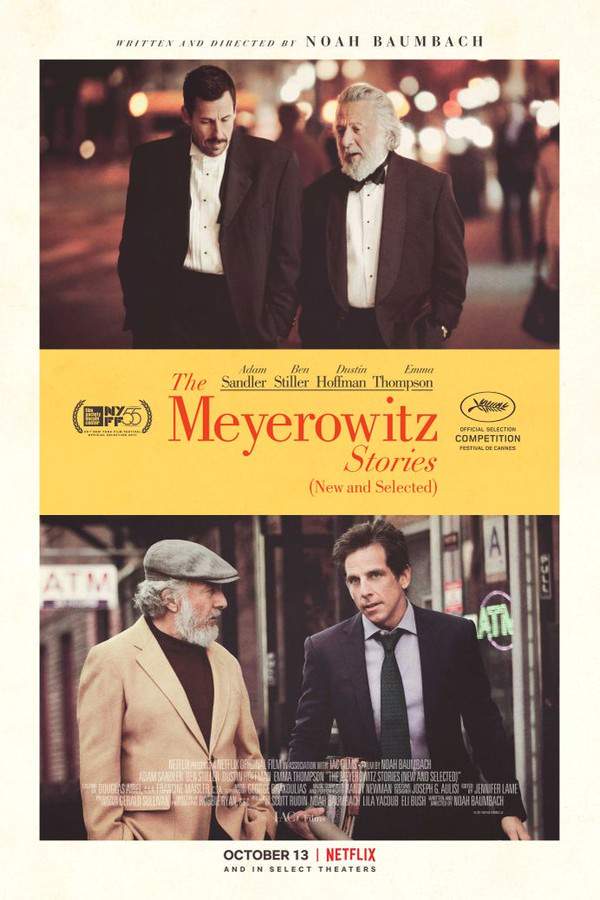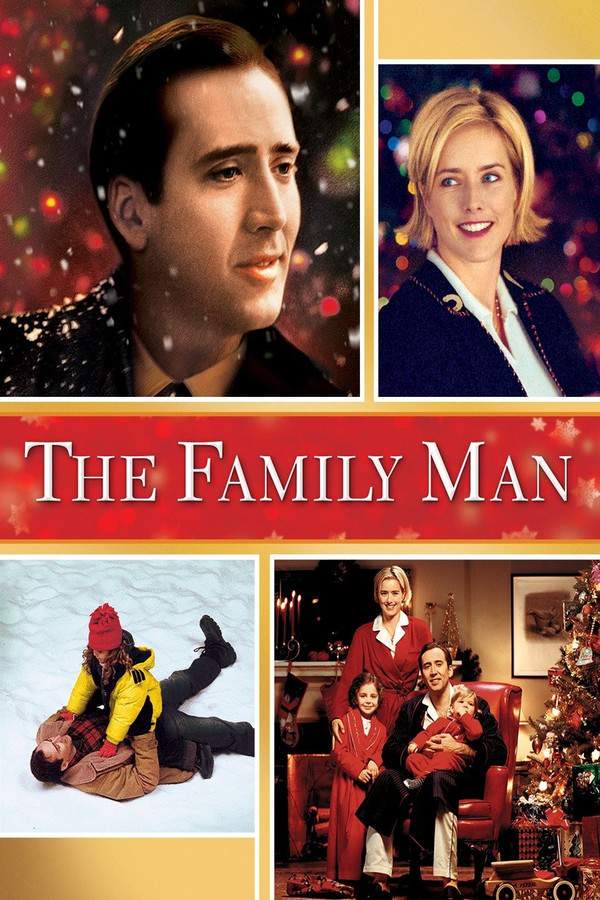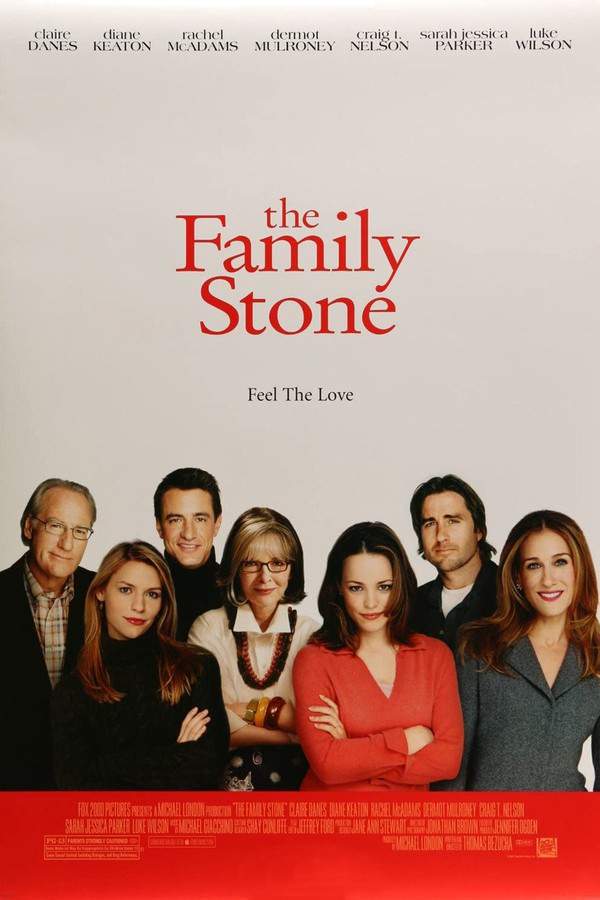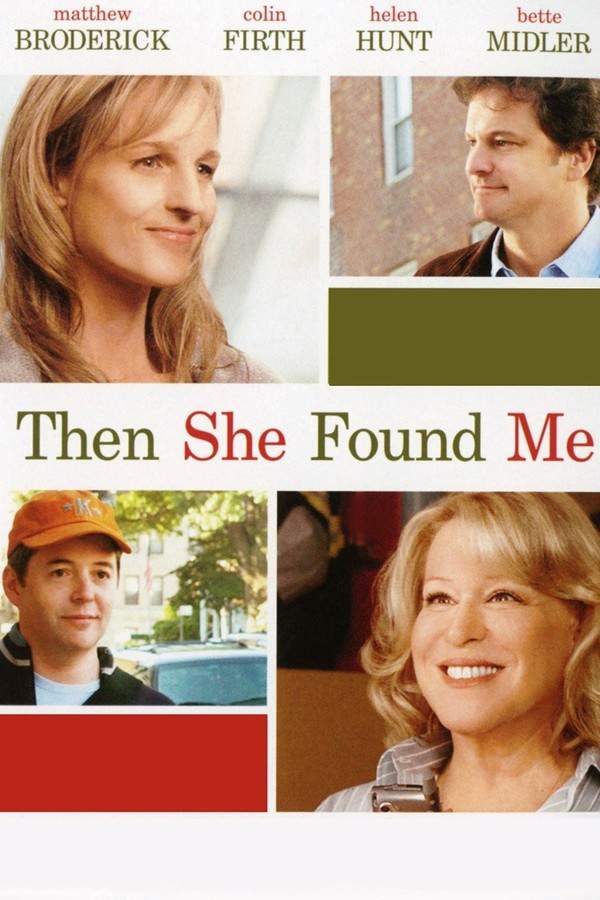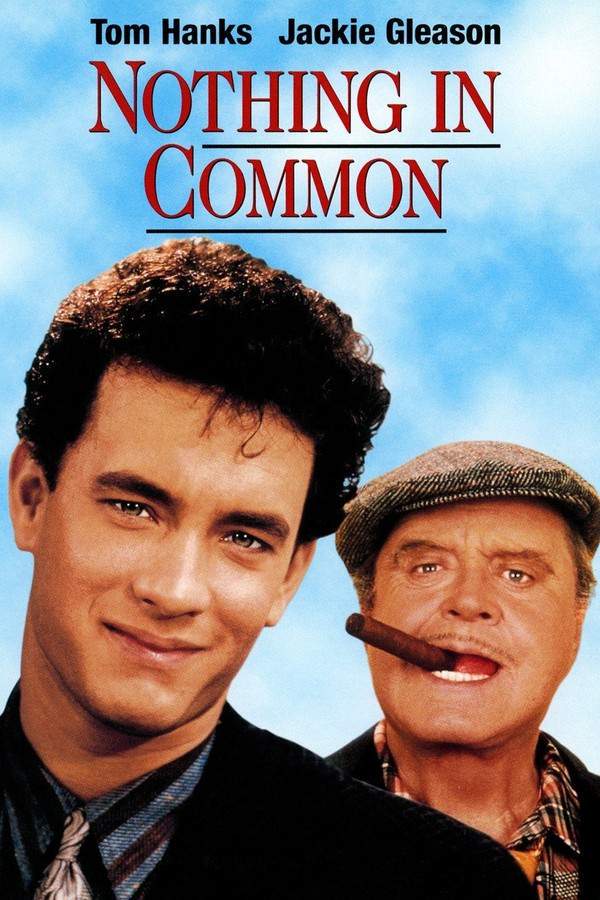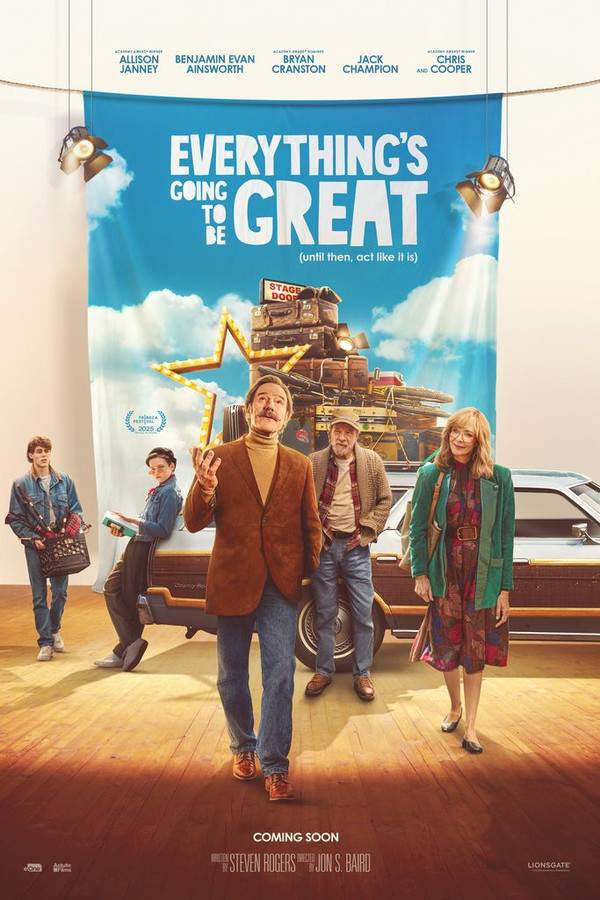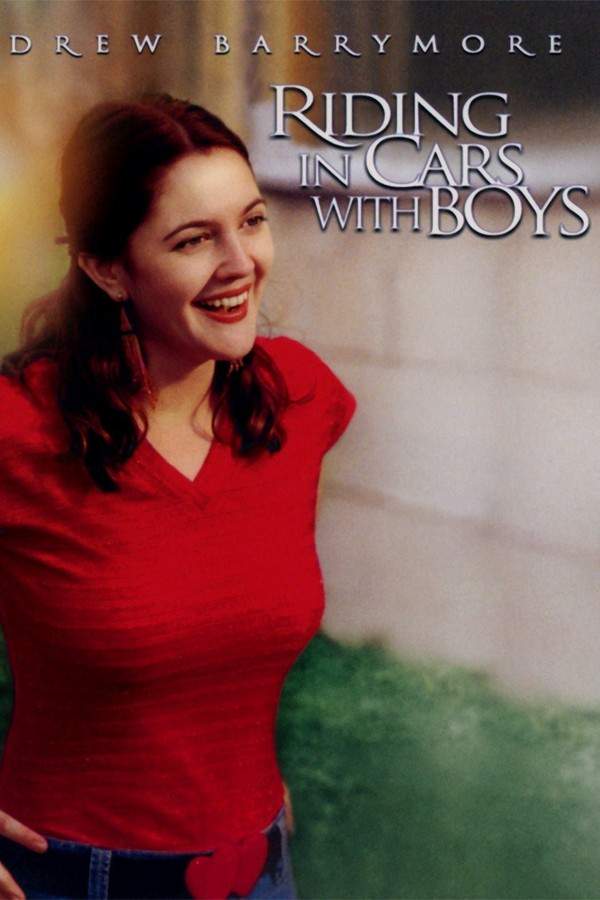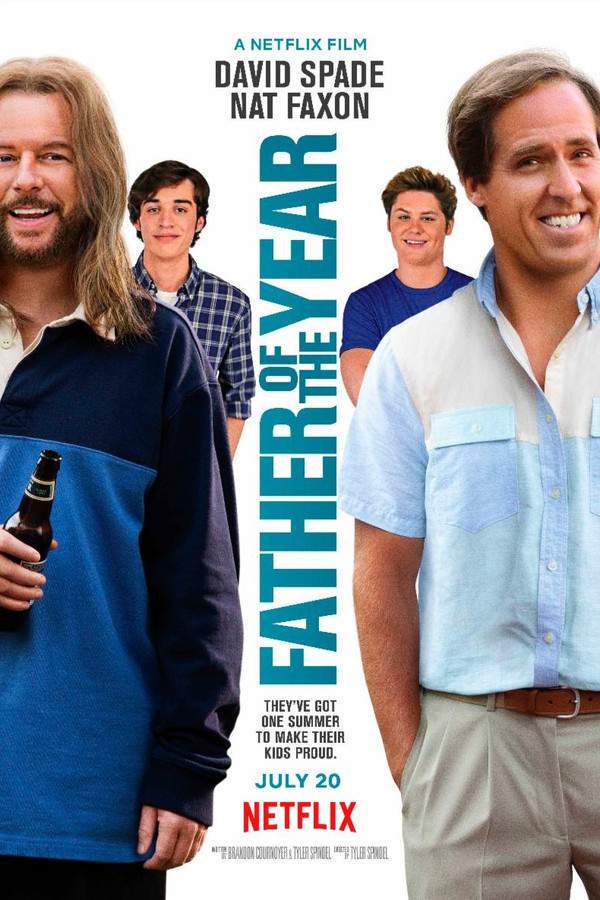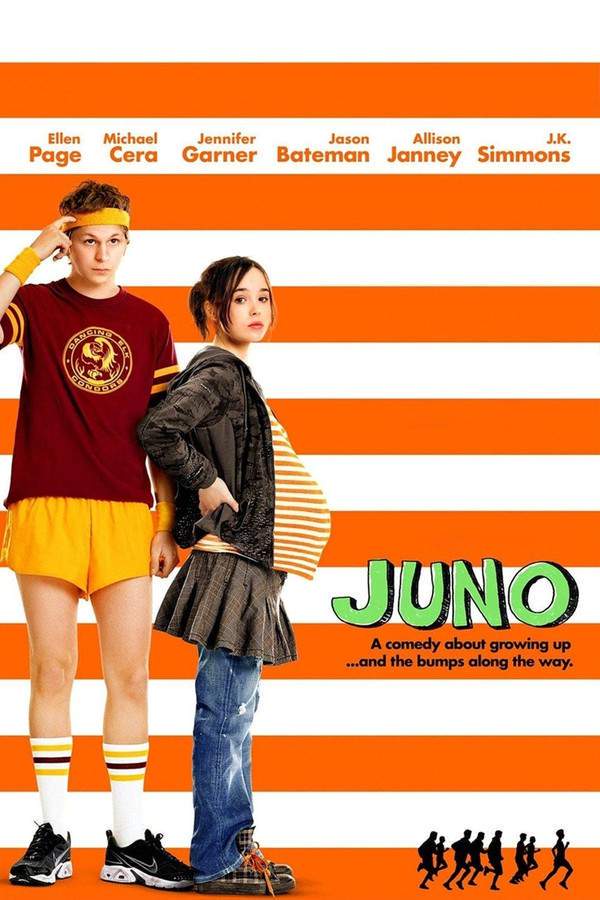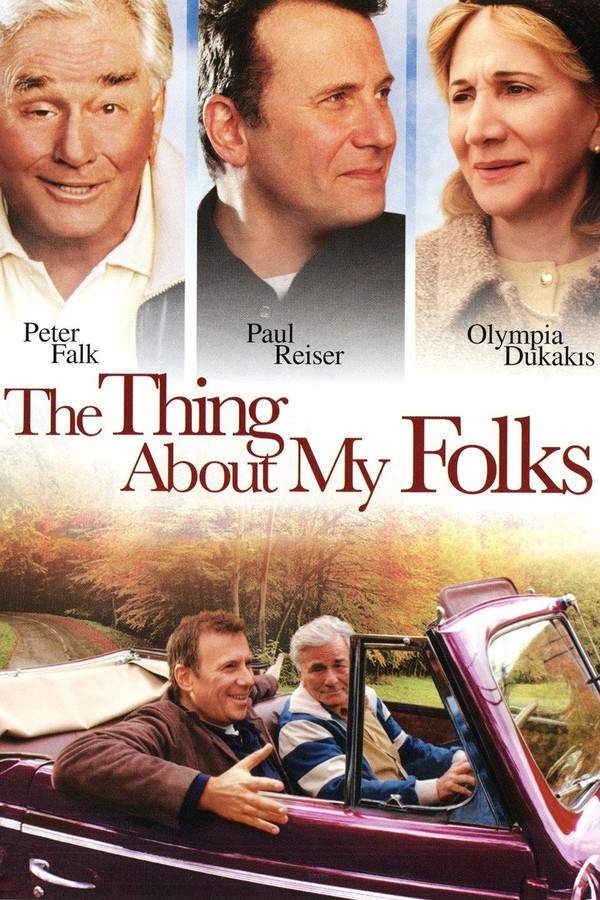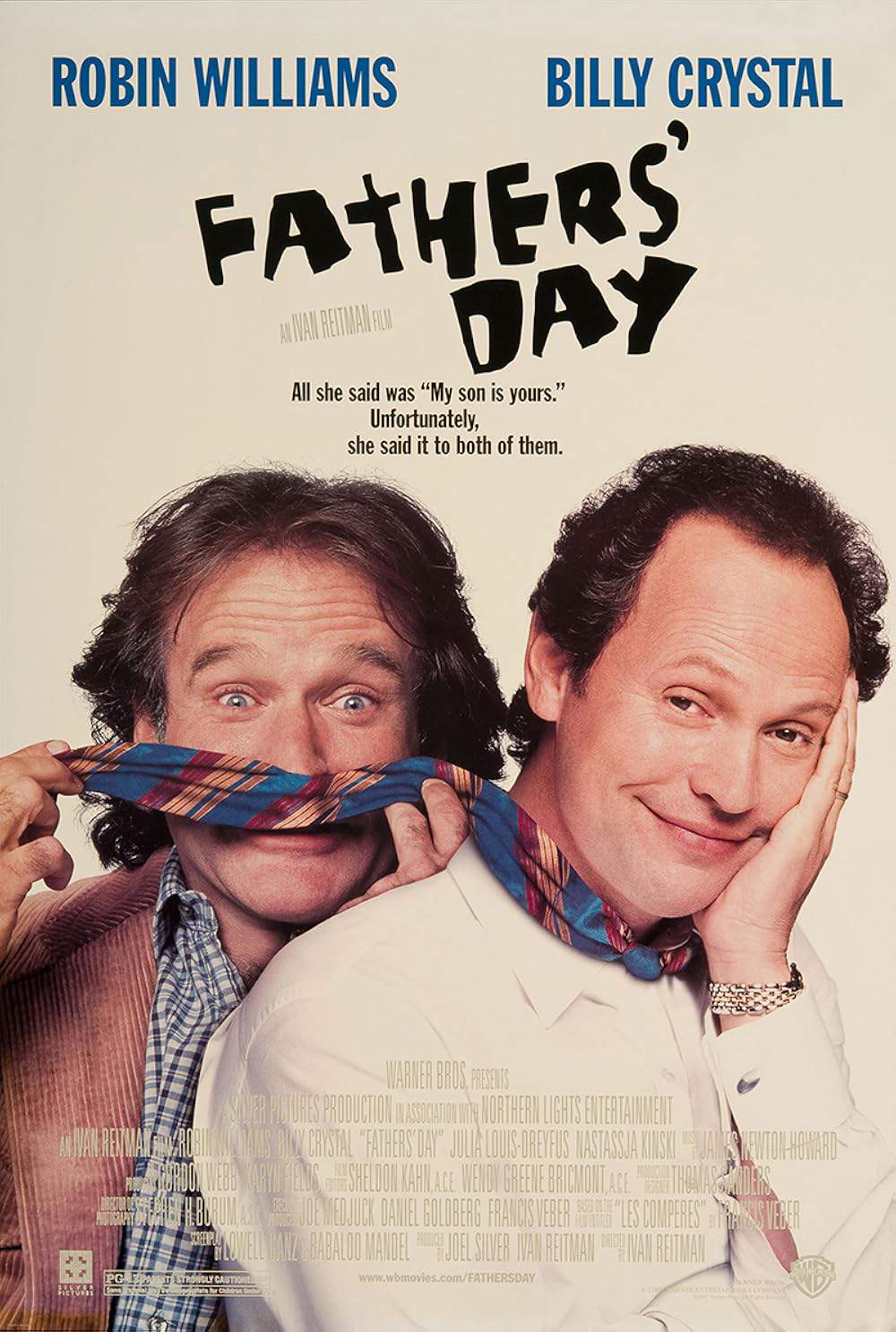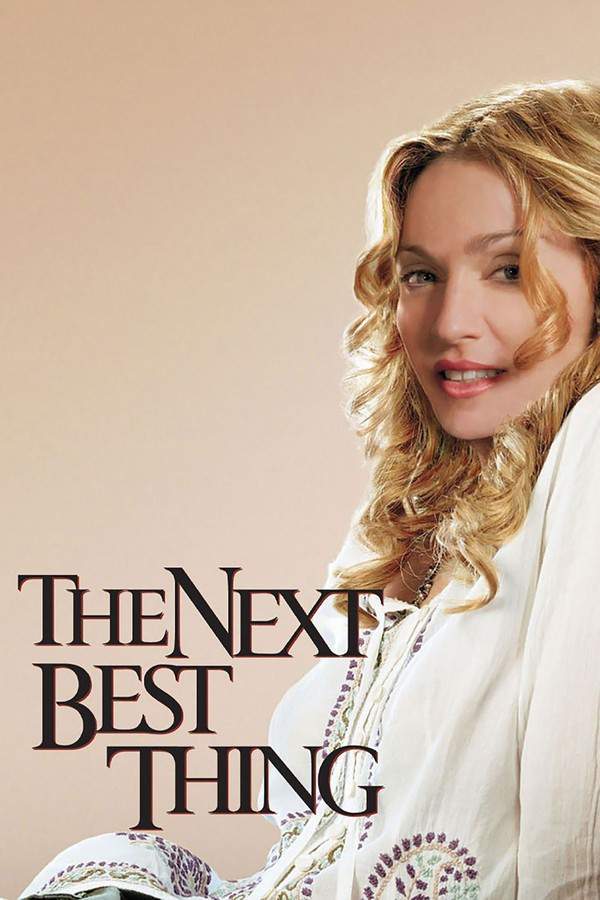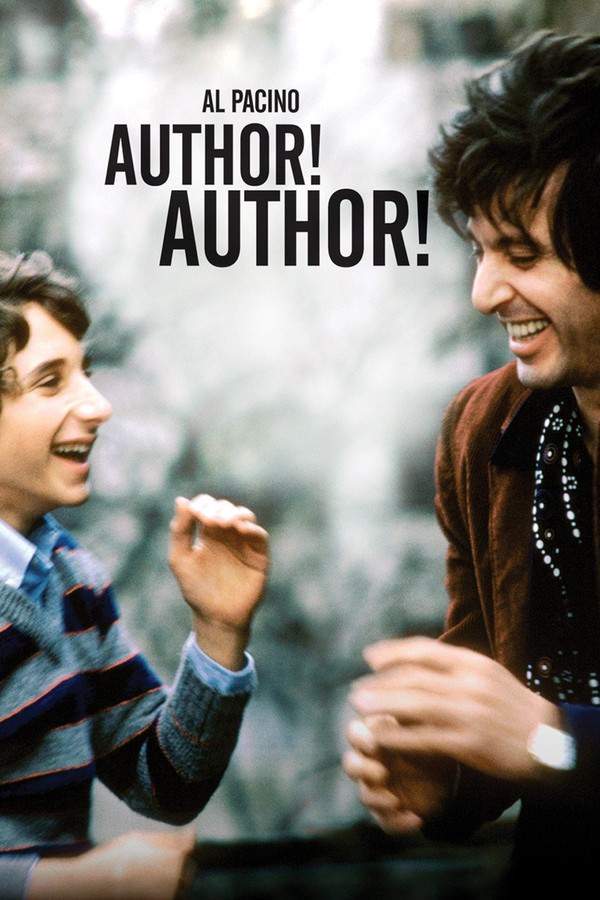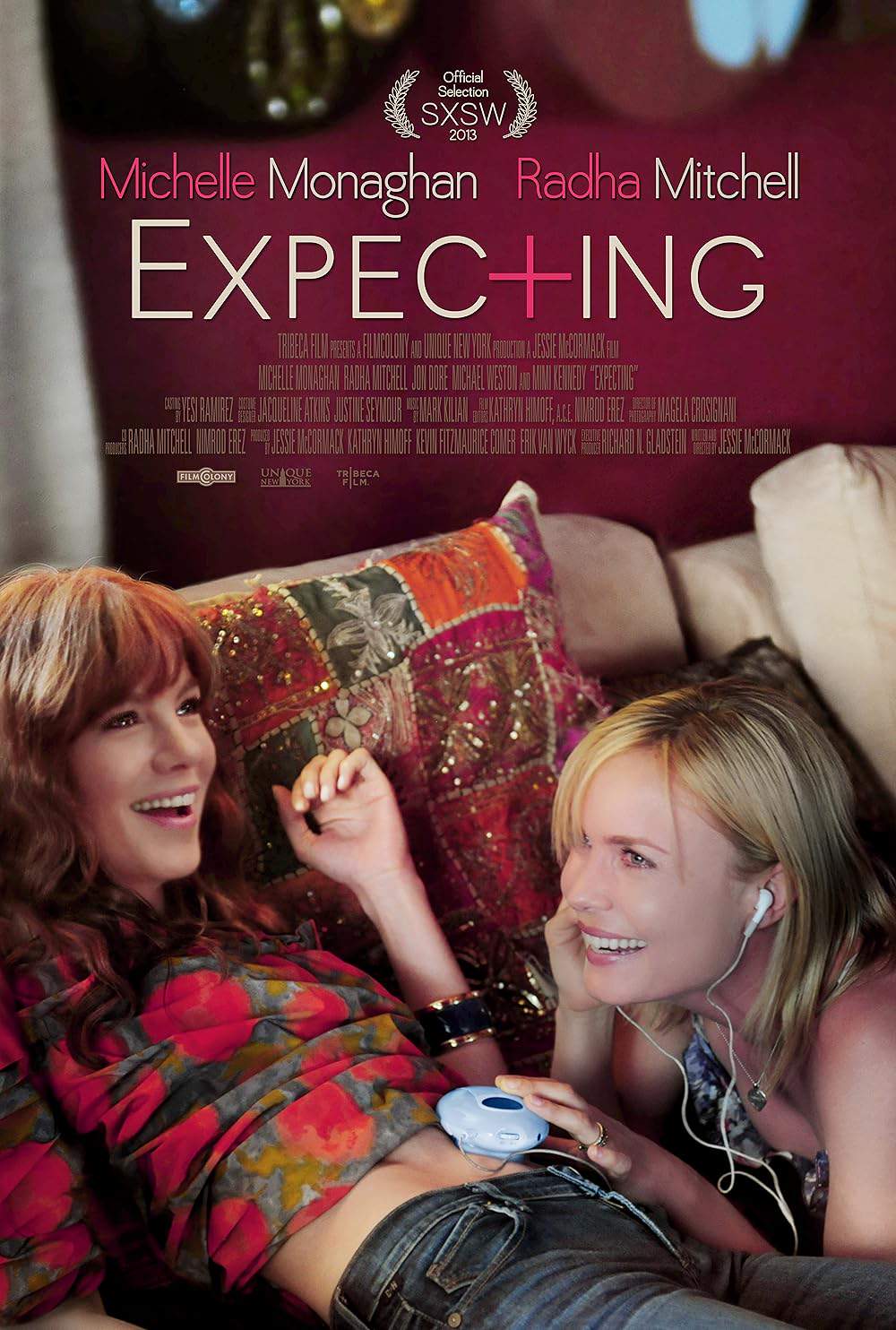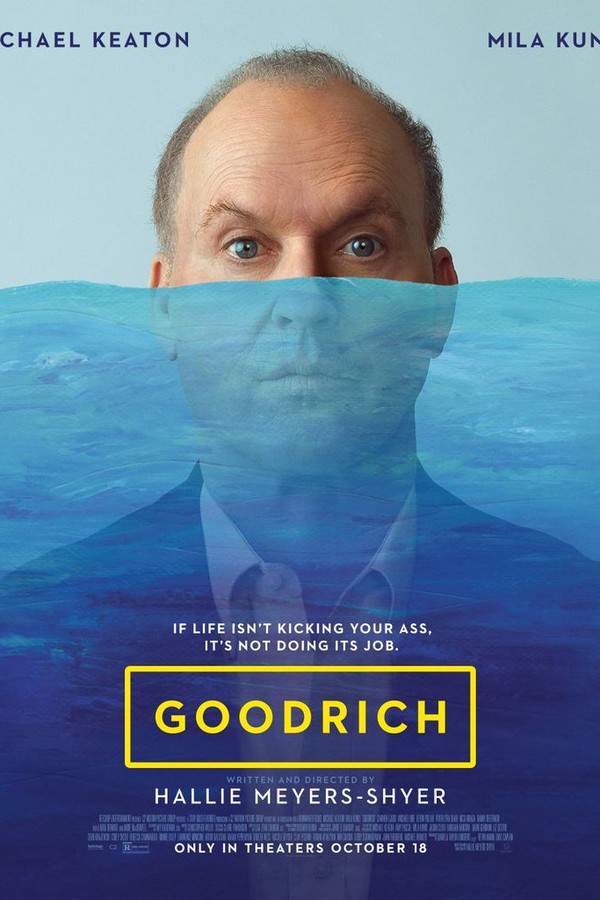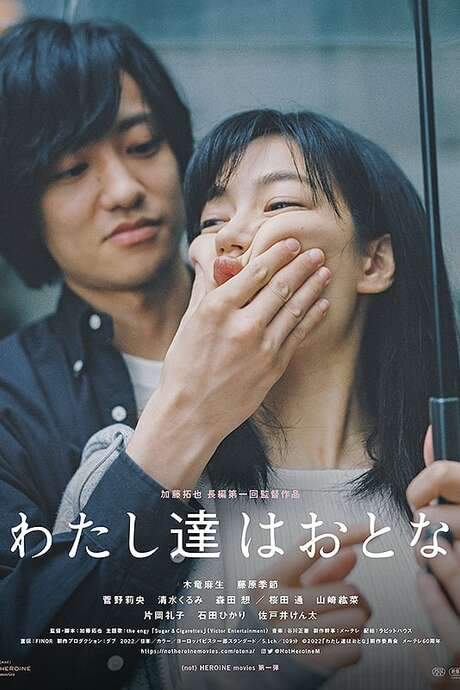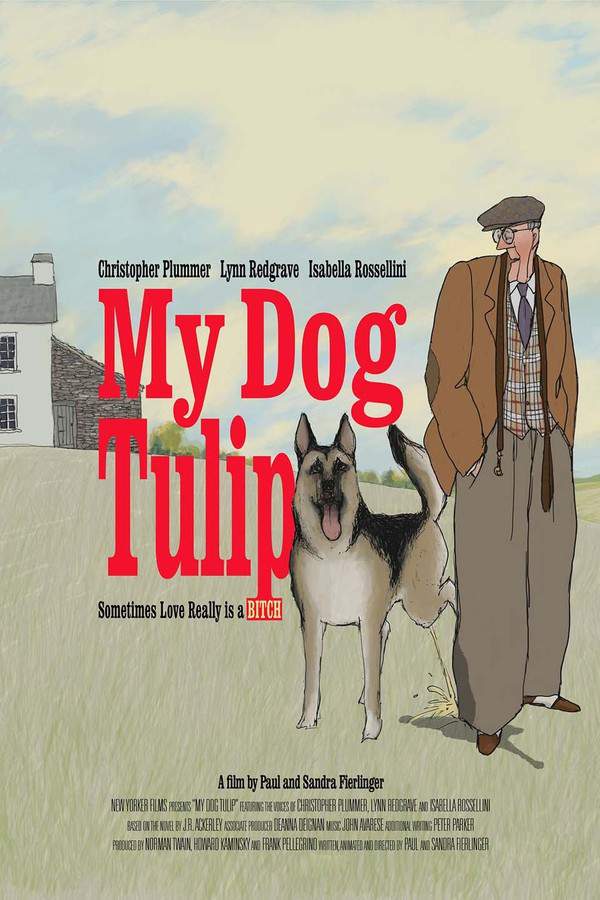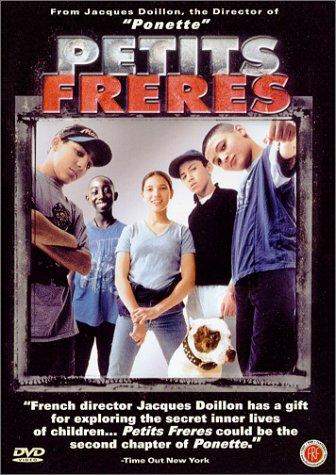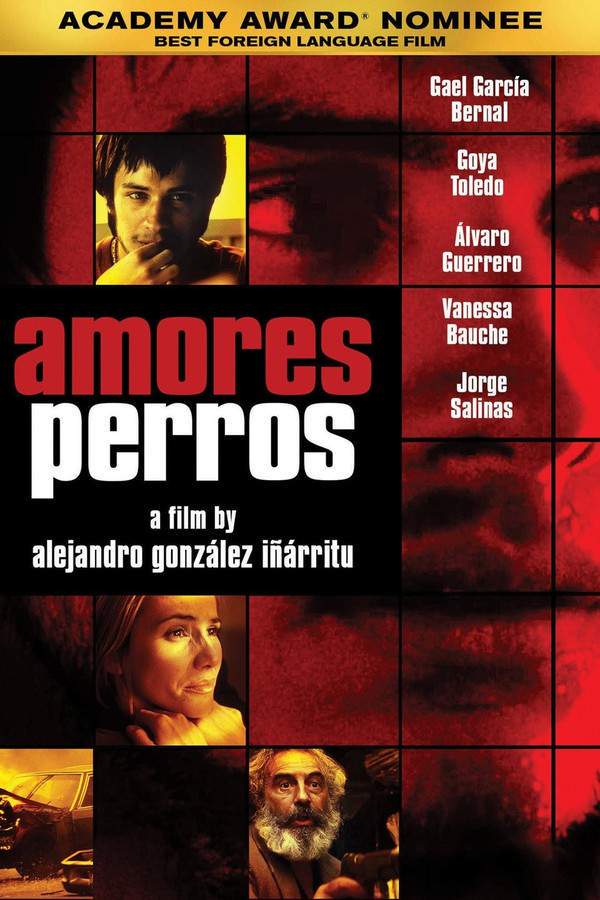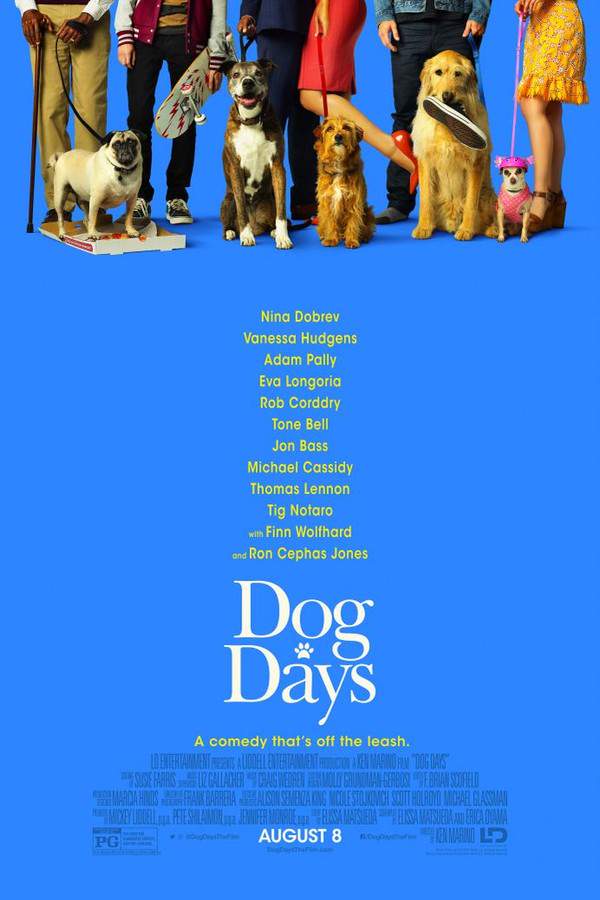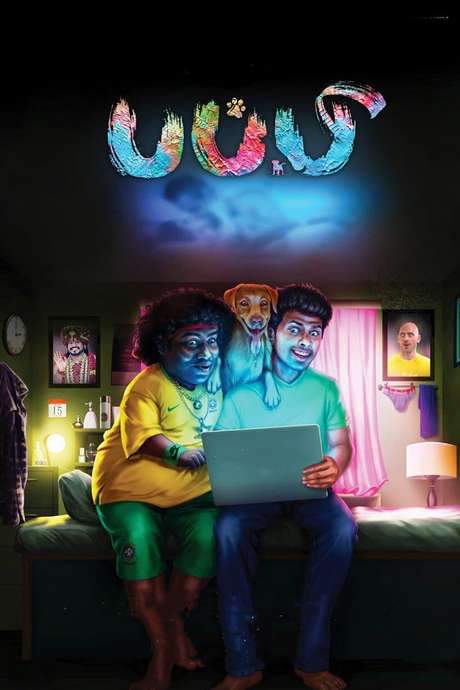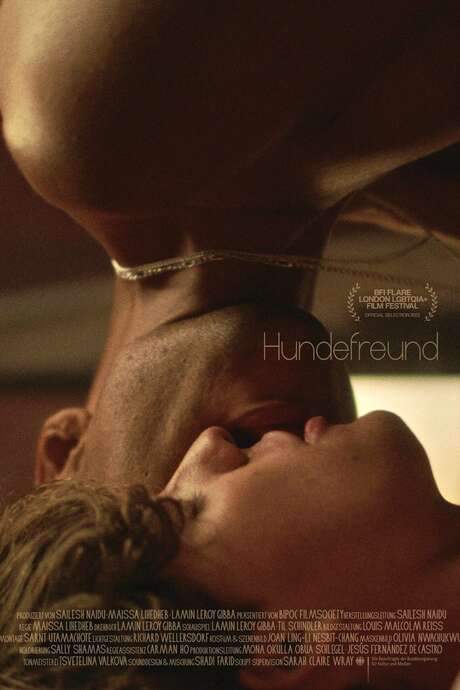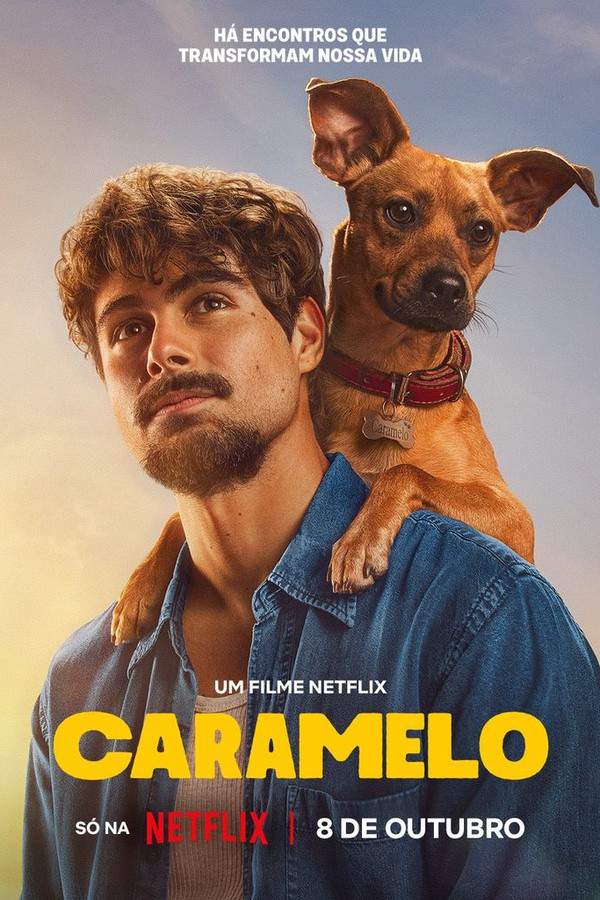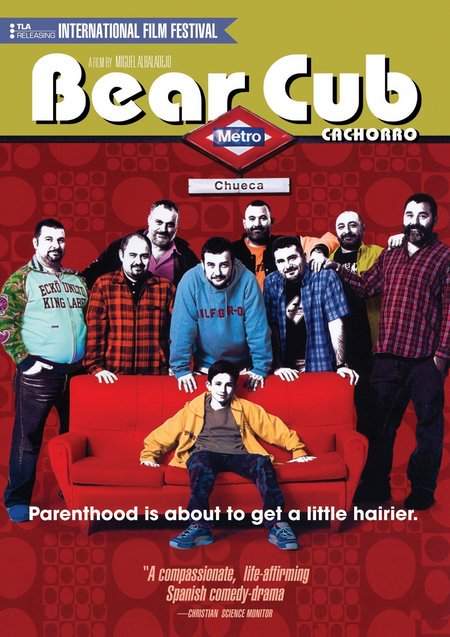
Cachorro
Year: 2004
Runtime: 99 min
Language: spanish
Director: Miguel Albaladejo
Pedro's busy life is disrupted when he unexpectedly becomes the guardian of his energetic nephew, Bernardo. Suddenly facing the challenges of single parenthood, Pedro finds his social life taking a backseat as he adjusts to caring for the young boy. He relies on the humorous advice of his friends as they both learn to build a new and loving family dynamic together.
Warning: spoilers below!
Haven’t seen Cachorro yet? This summary contains major spoilers. Bookmark the page, watch the movie, and come back for the full breakdown. If you're ready, scroll on and relive the story!
Cachorro (2004) – Full Plot Summary & Ending Explained
Read the complete plot breakdown of Cachorro (2004), including all key story events, major twists, and the ending explained in detail. Discover what really happened—and what it all means.
Violeta (Elvira Lindo) embarks on a journey to India, leaving her 10-year-old son Bernardo (David Castillo) in the care of her brother Pedro (José Luis García Pérez), a flamboyant gay dentist based in Madrid. Pedro is in the middle of a chaotic party when Violeta departs, showcasing the contrast between their lifestyles. Known for her laid-back, bohemian approach to life, Violeta assures Bernardo that her stay in India will be brief, despite the unpredictable circumstances that often define her priorities.
The relationship between Pedro and Violeta is complex; although she accepts him completely, their personalities often lead to clashes. Adding fuel to the fire, Violeta is convinced that Bernardo shares her unconventional views, believing he is also gay, while Pedro finds this notion absurd. Meanwhile, young Bernardo tries to navigate this whirlwind by cooking meals for Pedro and his friend Iván (Juanjo Martínez), who is less than considerate when it comes to respecting Pedro’s home after rolling a joint at the dinner table.
Lola (Diana Cerezo), a teenager living in the building, offers to babysit Bernardo while Pedro goes to the airport to pick up Manuel ([Arno Chevrier]), a French pilot he sees occasionally but won’t admit to being in a serious relationship with. Their reunion is tumultuous, highlighting the passionate yet unstable nature of Pedro’s romantic life.
As a mother, Violeta struggles with her responsibilities, and when she finally calls home, her absence brings joy to both Bernardo and Pedro. In a comedic turn, Pedro finds himself dealing with a patient, Juan Carlos (Josep Tomàs), who would rather avoid traditional medicine, yet is forced to confront his health issues due to a more pressing problem.
The unexpected arrival of Bernardo’s paternal grandmother, Dª Teresa (Empar Ferrer), brings a mixture of gifts and tension. Her intentions to bond with her grandson are met with resistance from Bernardo, who prefers to keep his distance. Instead, he opts for a casual café gathering with Pedro, Teresa, and Manuel, leading to an emotional confrontation. Teresa, deeply critical of Violeta, accuses her of being a poor influence on her son, underlying the chaos of the family dynamics.
As the story unfolds, Pedro finds himself caught between his burgeoning relationship with Manuel and the reappearance of Teresa, who is intent on gaining access to Bernardo. The pressure mounts as Teresa threatens legal action, leveraging Pedro’s health status against him, a tactic that leaves him feeling cornered.
This tension crescendos when Pedro and Teresa have a fraught conversation about Bernardo’s future. While Teresa proposes a compromise suggesting Bernardo attend a bilingual boarding school, Pedro is determined to protect his nephew from her influence. The narrative deftly illustrates Pedro’s struggle for custody and his determination to maintain a stable environment for Bernardo amidst the tumultuous family backdrop.
The film takes a poignant turn when we see Bernardo adapting to life in the boarding school while grappling with the complexities of his family’s circumstances. As time passes, the characters begin to reconcile their differences, and the audience is heartened by Violeta’s recognition that Teresa also harbors love for Bernardo.
Later, we witness the passing of time and the inevitable interplay of life and death as Bernardo reflects on the loss of his grandmother. The story artfully illustrates the challenges of familial ties, the struggle for acceptance, and the bittersweet memories that shape our lives. Ultimately, it leaves viewers contemplating the fragile yet enduring bonds of family.
Last Updated: November 03, 2024 at 13:15
Explore Movie Threads
Discover curated groups of movies connected by mood, themes, and story style. Browse collections built around emotion, atmosphere, and narrative focus to easily find films that match what you feel like watching right now.
Movies about unconventional found families like Cachorro
Stories where unexpected groups form loving bonds against the odds.If you liked the heartwarming dynamic in Cachorro, you'll enjoy these movies about unconventional found families. They feature stories of people forming deep bonds and creating new homes together, blending comedy and drama in a steady, character-driven pace.
Narrative Summary
Narratives in this thread typically begin with a disruption—a loss, an arrival, or a societal rejection—that forces characters to rely on each other. The central conflict often involves external pressures challenging the new family unit, leading to a journey of acceptance, growth, and the redefinition of what 'family' truly means.
Why These Movies?
Movies are grouped here for their shared focus on building non-traditional families, their mix of warm humor and emotional sincerity, and their ultimately hopeful message about love and acceptance. They share a bittersweet tone, balancing life's difficulties with the joy of connection.
Movies about sudden parenthood journeys like Cachorro
Characters whose lives are transformed by the unexpected responsibility of caring for a child.Find movies similar to Cachorro that explore the themes of sudden parenthood. These films follow characters who must quickly adapt to caring for a child, blending comedic growing pains with serious emotional development and a steady, realistic pacing.
Narrative Summary
The narrative pattern involves a self-focused protagonist whose life is upended by the arrival of a child. The story arc follows their struggle, resistance, and gradual embrace of their parental role, often facing external obstacles like legal battles or societal judgment, culminating in a deepened sense of love and responsibility.
Why These Movies?
These films share a specific character arc centered on unexpected caregiving, a blend of comedic and dramatic tones, and a focus on personal sacrifice and growth. They deliver a medium-intensity, emotionally resonant experience with a consistently bittersweet feel, acknowledging both the struggles and profound rewards of the journey.
Unlock the Full Story of Cachorro
Don't stop at just watching — explore Cachorro in full detail. From the complete plot summary and scene-by-scene timeline to character breakdowns, thematic analysis, and a deep dive into the ending — every page helps you truly understand what Cachorro is all about. Plus, discover what's next after the movie.
Cachorro Timeline
Track the full timeline of Cachorro with every major event arranged chronologically. Perfect for decoding non-linear storytelling, flashbacks, or parallel narratives with a clear scene-by-scene breakdown.

Characters, Settings & Themes in Cachorro
Discover the characters, locations, and core themes that shape Cachorro. Get insights into symbolic elements, setting significance, and deeper narrative meaning — ideal for thematic analysis and movie breakdowns.

Cachorro Spoiler-Free Summary
Get a quick, spoiler-free overview of Cachorro that covers the main plot points and key details without revealing any major twists or spoilers. Perfect for those who want to know what to expect before diving in.

More About Cachorro
Visit What's After the Movie to explore more about Cachorro: box office results, cast and crew info, production details, post-credit scenes, and external links — all in one place for movie fans and researchers.

Similar Movies to Cachorro
Discover movies like Cachorro that share similar genres, themes, and storytelling elements. Whether you’re drawn to the atmosphere, character arcs, or plot structure, these curated recommendations will help you explore more films you’ll love.
Explore More About Movie Cachorro
Cachorro (2004) Scene-by-Scene Movie Timeline
Cachorro (2004) Movie Characters, Themes & Settings
Cachorro (2004) Spoiler-Free Summary & Key Flow
Movies Like Cachorro – Similar Titles You’ll Enjoy
My Dog Tulip (2010) Plot Summary & Ending Explained
Petits frères (2001) Movie Recap & Themes
Amores Perros (2001) Plot Summary & Ending Explained
Dog Days (2003) Story Summary & Characters
Bombón: El Perro (2006) Story Summary & Characters
Puppy Love (2023) Full Movie Breakdown
Dog (2017) Spoiler-Packed Plot Recap
A Cat with a Dog (2018) Full Summary & Key Details
Puppy (2019) Full Summary & Key Details
A Dog’s Will (2000) Detailed Story Recap
Perro callejero (1980) Ending Explained & Film Insights
Bingo (1991) Full Movie Breakdown
Dogfriend (2022) Movie Recap & Themes
Hang on, Doggy (1977) Ending Explained & Film Insights
Caramelo (2025) Movie Recap & Themes

